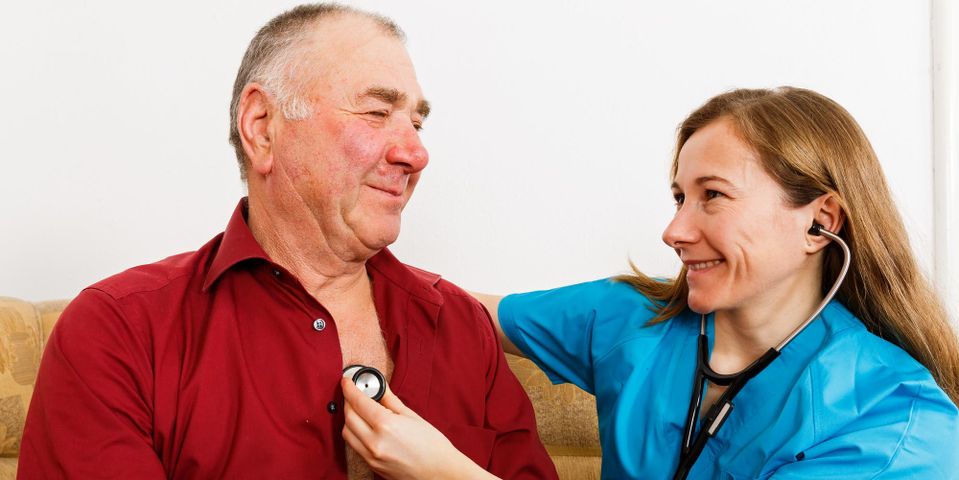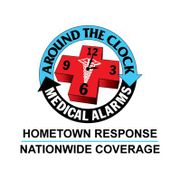How Medical Alarms Help Seniors With Chronic Heart Conditions

When your loved one has been diagnosed with a chronic heart condition, their risk of sudden loss of consciousness due to heart attack or stroke increases. In any health emergency, time is critical to their chances of survival. Medical alarms provide the means to contact help in an emergency. Here’s a guide to their use and benefits.
Your Guide to Medical Alarms
What Is a Medical Alarm?
A medical alarm is a panic button for people considered at risk for strokes, heart attacks, respiratory failure, and falls. With an alarm, seniors and people with chronic health problems can summon assistance. Alarms are small and can be worn around the neck or wrist. When you push the button, an attendant responds, providing guidance on what to do until emergency services arrive.
How Do Medical Alarms Help People at Risk for Stroke?
 When you have a stroke, how quickly emergency services reach you may be the difference between life and death. You may not be able to talk, get to a phone, or dial 911. With a medical alarm, however, all you need to do is push a button. An EMD-certified attendant (emergency medical dispatch) will alert emergency services even if you can’t speak.
When you have a stroke, how quickly emergency services reach you may be the difference between life and death. You may not be able to talk, get to a phone, or dial 911. With a medical alarm, however, all you need to do is push a button. An EMD-certified attendant (emergency medical dispatch) will alert emergency services even if you can’t speak.
What Are the Warning Signs of Strokes?
If someone you know exhibits any of these three conditions, they may be experiencing a stroke. Contact emergency services immediately if their face droops on one side, an arm is immobile, or their speech is slurred.
If you know a senior who needs a medical alarm, reach out to Around the Clock Medical Alarms. Based in Cape Girardeau, MO, their mission is to help older adults and those with chronic health conditions live independently while staying safe and secure. With a medical alert device, you’re assured of 24/7 access to emergency help. Call their helpful team at (573) 334-7233 to inquire about monthly, quarterly, and annual service options, or go online to learn more about how they help save lives.
About the Business
Have a question? Ask the experts!
Send your question

